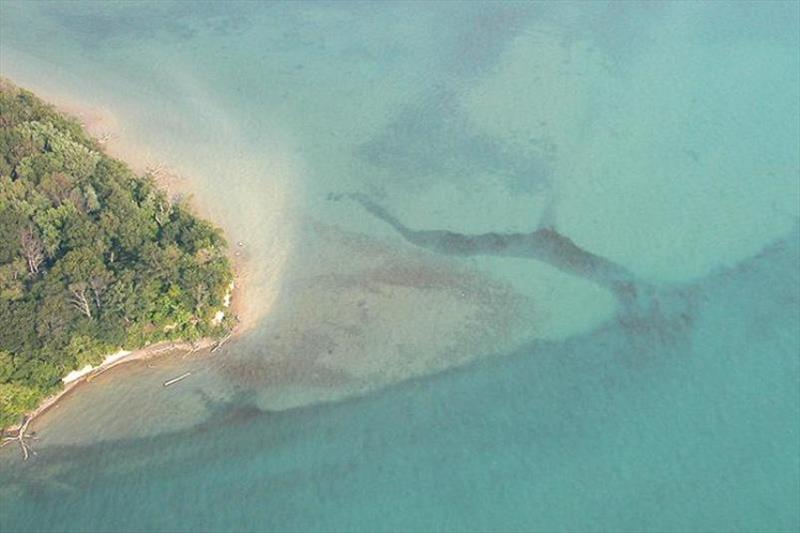
Nearly $17.5 million in funding recommended for Great Lakes habitat restoration
by NOAA Fisheries 11 Jul 2021 20:07 UTC

Sugar Island in the Detroit River © Friends of the Detroit River
NOAA Fisheries is recommending nearly $17.5 million in Great Lakes Restoration Initiative funding to continue three ongoing partnerships. Through this funding, our partners will implement 12 projects that will restore habitat and improve resilience in degraded Great Lakes ecosystems.
Recommended projects will open river systems to fish passage, reconnect rivers to their floodplains, and restore and enhance river, stream, and wetland habitats. They will also contribute to improving resilience in degraded Great Lakes ecosystems by supporting ongoing activities to restore toxic "hotspots" known as Great Lakes Areas of Concern (AOCs).
We're recommending $17,374,232 in funding for three ongoing awards. These efforts include:
- Friends of the Detroit River will continue to partner with NOAA on a suite of habitat restoration projects at priority sites within the Detroit River AOC. Funding will support restoration of nursery and spawning habitats for Great Lakes fisheries. ($10,722,824)
- The Great Lakes Commission will continue to partner with NOAA to implement several habitat restoration projects that benefit native fisheries in multiple watersheds. Projects are located along southern and eastern Lake Michigan, alongside Lake Ontario, and in the Maumee and Niagara River AOCs. ($3,082,832)
- The West Michigan Shoreline Regional Development Commission will continue to partner with NOAA to restore fish passage and wetlands in the eastern Lake Michigan watershed. Funding will support restoration in high-quality cold water streams that are home to brook trout and other native Great Lakes fish species. ($3,568,576)
As the largest freshwater system on earth, the Great Lakes are one of the world's most important natural resources and provide benefits to the environment and communities. They support valuable commercial, recreational, and tribal fisheries valued at $7 billion per year and support more than 75,000 jobs. They also support industry, transportation, and tourism.
The projects recommended for funding will help sustain these benefits by:
- Supporting valuable fisheries and coastal resources
- Improving the quality of our water by restoring coastal wetlands
- Providing recreational opportunities for the public's use and enjoyment
- Increasing the resilience of Great Lakes communities
The NOAA Restoration Center within the Office of Habitat Conservation works in the Great Lakes to support the ecosystems and economies that rely on these valuable international resources. Since 2010, we have supported 85 projects through the Great Lakes Restoration Initiative. These projects have restored more than 4,600 acres of habitat for fish and wildlife and opened up almost 500 miles of rivers and streams to fish migration.